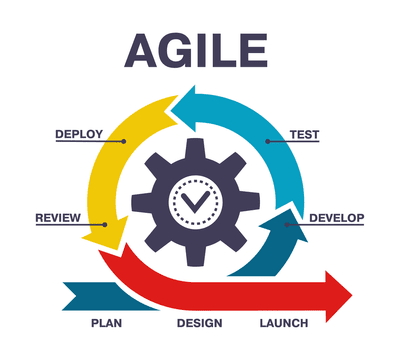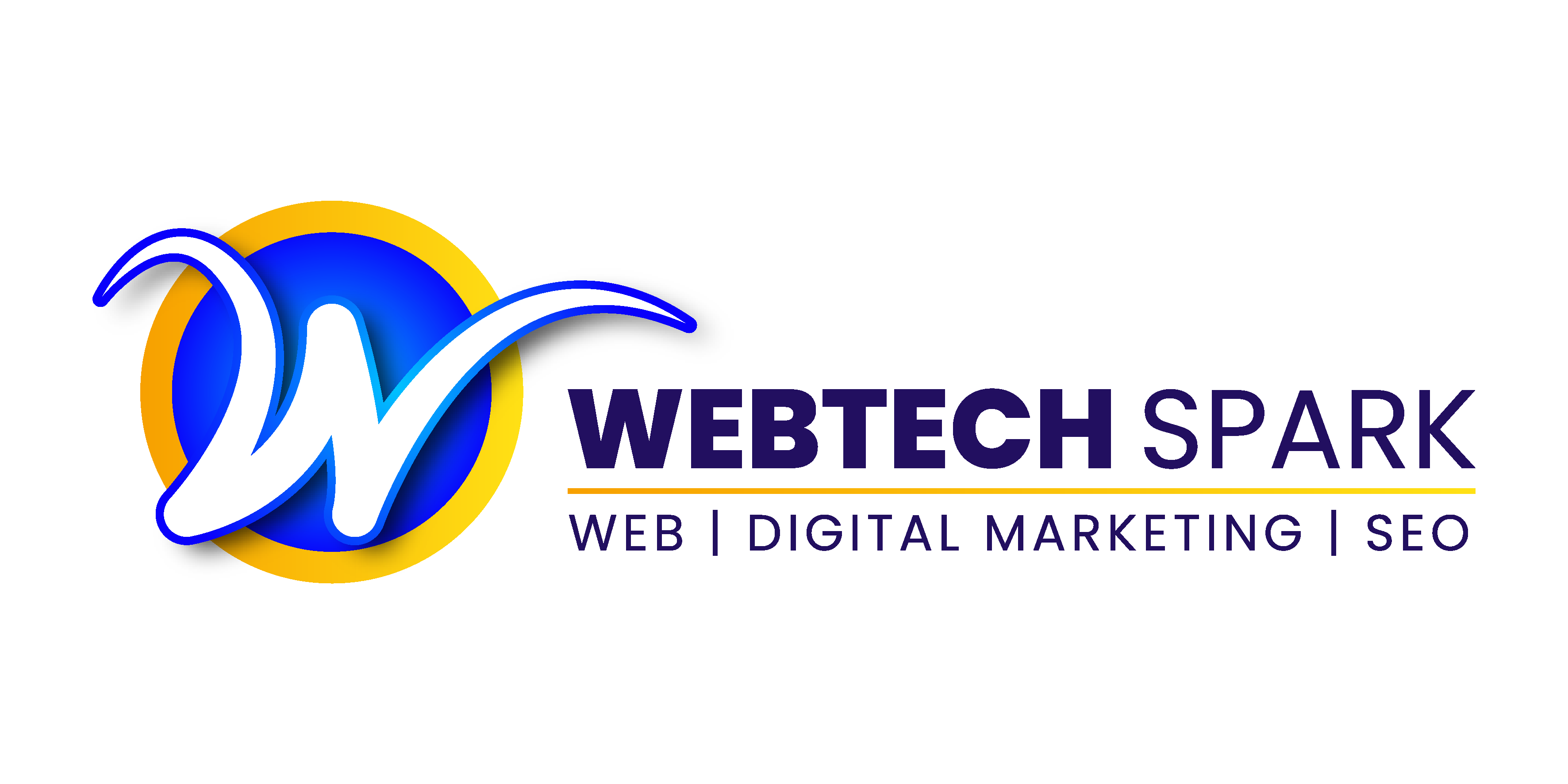What is Agile Certification?
Agile has transformed the way companies handle software development by eliminating the need for traditional software development approaches. Although it can be adapted for many different kinds of organizations, Agile has become popular in the software development industry. When a company is Agile, it can respond swiftly to changes and prioritize forward initiatives properly. Companies can now create better products that improve as a result of specification changes, client feedback, and continuous testing techniques. Agile also adds value and problem-solving to this process.
Project management experts can become better leaders by learning specific Agile concepts through Agile certification. This course teaches various concepts that help optimize project performance. In this article, we’ll explore some of the major certifications in Agile.
Reasons to take Agile Certification
- Every IT organization in every nation recognizes and values certification in Agile as a specialized ability. It has high worldwide value. Recruiters are constantly looking for candidates with appropriate Agile qualifications.
- Understanding the complete organization and its end-to-end flow is made easier with the help of the certifications. One can easily overcome obstacles and help organizations in continuing their client-centered journeys by knowing the numerous value streams.
- Due to their specialized knowledge being appreciated by the market, agilists are compensated well. According to market research, these professionals are compensated at least 25% more than their non-certified counterparts.
- Everybody wants to work in an environment that promotes growth, and SAFe® organizations help with this by giving employees a chance to widen their horizons. In contrast to the traditional manner of working, the scaled Agile ideals place a focus on the growth attitude.
- If you have a thorough grasp of the entire end-to-end established structure, you can quickly seek expansion opportunities. Depending on your knowledge and abilities, you can advance into a program or the portfolio layer.
Read Also: How to Find the Right iOS App Development Company in India?

Who can opt for an Agile certification?
This certification is intended for those with extensive Agile expertise who yearn to further their careers by becoming experts in Agile concepts and their real-world applications. Professionals in the following fields will benefit from training in agile:
- Scrum Masters
- Project Managers
- Team Leaders
- Product Owners
- Iteration Managers
- Aspiring or working Agile coaches
- Leadership roles in Agile projects
Eligibility Requirements for Agile Certifications
PMI ACP Eligibility Requirements include the following factors:
Education Requirements
- Bachelor’s degree or a high school diploma
- Training in agile techniques for 21 contact hours
Experience Requirements
- In the last five years, a minimum of twelve months of experience working on general projects.
- A minimum of eight months of experience working on agile projects during the previous three years.
Requirements for Certification Maintenance
- For each three-year cycle, 30 PDUs must be earned to keep your certification.
Top 8 Agile Certifications
Certified ScrumMaster (CSM)®
The most widely used Agile methodology is Scrum, and obtaining a certification in Scrum can equip you with the specific skills necessary to implement Agile principles in the workplace. To become a Certified ScrumMaster (CSM)®, you must pass the examination and complete the subsequent training. Scrum Alliance, the organization overseeing the certification, advises Scrum Master and new Scrum team members across various sectors to pursue the CSM®.
Professionals working in both IT and non-IT industries who aim to gain a better understanding of Scrum often enroll in the CSM® course. Therefore, it is recommended that you have a foundational knowledge of Scrum, as it will facilitate your comprehension of Scrum’s overall structure.
Advanced certified ScrumMaster (ACSM)®
You can apply for this course if you are a certified Scrum Master with at least one year of professional experience in that role. The course will cover various coaching techniques for product owners and team members, as well as deepen your understanding of Scrum and its practical application. To qualify as an advanced CSM®, you must have a minimum of one year of work experience. Furthermore, it is essential to be familiar with the fundamentals of Scrum and its application.
Certified Scrum Professional (CSP)®
The Certified Scrum Professional program is a two-day course that covers the fundamentals of Scrum, including topics such as Scrum frameworks and the responsibilities of a Scrum Master. The training emphasizes team dynamics, team motivation, conflict resolution, and improved planning and estimation by integrating team-based activities with instruction. Anyone interested in taking the course and completing the exam is welcome to do so.
Certified Scrum Product Owner (CSPO)®
Take on the role of a Product Owner, improve your ability when it comes to leading teams, and inspire your teammates with the CSPO® certification. Learn how to improve the efficiency of Scrum and enable effective channels among all interested parties. This program is facilitated by Scrum Alliance Certified Trainers (CSTs). They guide group discussions, interactive workshops, and classroom instruction. The program is conducted over a two-day period, with the instruction thoughtfully paced throughout.
PMI – Agile Certified Practitioner (ACP)™
The PMI-ACP™ is a certificate provided by the Project Management Institute (PMI) for individuals working in Agile teams or firms implementing Agile practices. Scrum, Kanban, Lean, extreme programming (XP), and test-driven development (TDD) are just a few of the Agile techniques covered by the PMI-ACP™. To qualify for the exam, you need to have 1,500 hours of experience working with Agile methodology or on Agile project teams, as well as 21 hours of Agile training. Additionally, you must have 2,000 hours of general team project experience.
ICAgile – Agile Certified Coach (ICP-ACC)
The mindset, responsibilities, and obligations of an Agile coach are the main topics covered in ICP-ACC training. Upon completion of the program, you will have the ability to differentiate between mentoring, expert coaching, facilitating, and teaching. Furthermore, you will have the opportunity to develop the skills required to create a supportive environment for an Agile team. An Agile coach acts as a mentor for the team, promoting Agile principles and practices, and ensuring the team achieves its objectives by implementing enhanced team processes.
SAFe® Agilist
The SAFe® Agilist certification covers SAFe’s fundamentals, the ideas behind Lean Agile transformation, as well as the tools required to lead SAFe® Agile in dispersed teams and remote contexts. Anyone interested in becoming a software developer should enroll in the Leading SAFe® course and pass the SA exam in order to acquire the transformative skills necessary to flourish in a disruptive technological environment. The certification is accompanied by training that is not offered individually but rather by a number of training providers.
Agile Scrum Master (ASM)
The Agile Scrum Master certification combines Scrum best practices with Agile techniques, and it is distinct in that it requires hands-on tasks. The abilities of a Scrum Master, who coaches, guides, and supports a cross-functional team, will be put to the test in this certification. Your ability to deliver products in functional phases, enhance teamwork, and establish a flexible process with minimal effects on project quality, cost, and schedule is made possible by this ASM certification program. The certification is appropriate for experts working in an Agile environment who want to lead a Scrum Team by taking on the position of a Scrum Master.
Which Agile Certification Should You Choose?
Getting Agile certified will have a major beneficial effect on your career in the long run. However, making the decision on which certification is best for you may be challenging. Follow these tips to determine which certification is ideal for you:
- Before even considering enrolling in the certification, it’s crucial to determine your objectives and outline your goals to avoid wasting time researching useless information.
- Considering the project environment in which you currently work or intend to work in the near future is also important before finalizing your decision.
- Agile adoption requires a lot of experience and practice, and most courses will entail practical application. However, be sure to discuss this with your coach in advance.
- Choosing a trustworthy certificate is just as important as the training itself. Select the option that will increase your likelihood of success and help you advance your career.
- The last thing you need to consider is to choose a trustworthy center for your certification training.

The Benefits of Agile Certification Training
There are various reasons why you would choose to become Agile certified. Here are a few significant advantages that embracing Agile in your project work and obtaining the certification can bring you.
- Delivering value to your stakeholders continuously during a project is one of the main advantages of Agile project management.
- Agile was created for projects that change often. Its main organizational concept is project change management.
- Agile supports a great partnership by delivering value quickly and allowing stakeholders and customers to have greater insight at all times.
- You can establish a more accurate and controlled perspective of your expenses and expected time since you are continually assessing the status of a project.
- Daily stand-ups, which are an essential component of Agile project management, teach your team to communicate effectively with one another.
Job opportunities after Agile certification
In the present-day job market, there is a growing need for Agile Scrum Masters. The following are the most prevalent job opportunities for Agile Scrum Masters:
- Certified Scrum
- Entry Level Scrum Master
- Agile Coach
- Product Owner
- Senior Scrum Master/Project Manager
- SAFe® AGILIST / Scrum Master
- Agile Delivery Manager
Conclusion
Earning certification in one of the aforementioned certifications will demonstrate your proficiency in Agile to future employers. These certification programs and Scrum certification courses not only help you earn credibility internationally but also make you stand out from the competition. The KnowledgeHut Agile Certification will increase your self-assurance in effectively implementing the Scrum framework in organizations.
FAQs
Q1. What is the most in-demand Agile certification?
Ans. The most widely used Agile methodology is Scrum, and obtaining certification in Scrum can provide you with the specific skills required to implement Agile principles in the workplace.
Q2. What is the easiest Agile certification?
Ans. The suggested and easiest Agile credential for those just starting out is Certified ScrumMaster. This certification serves as a starting point and will assist you in laying the groundwork for Scrum, backlog refinement, sprint planning, sprint demo, product backlog, and many other concepts.
Q3. What are the limitations of an Agile certification?
Ans. Some disadvantages of Agile are:
- For minor development projects, it is not helpful.
- The appropriate designing and documenting are not being done with enough focus.
- To make important choices at the meeting, a knowledgeable project member is required.
- Compared to other development methodologies, the cost of the Agile development process is slightly higher.
Q4. Is Agile and Scrum the same?
Ans. Yes, Scrum is a component of Agile. Agile is a project management methodology, and Scrum is a way to put it into practice.



